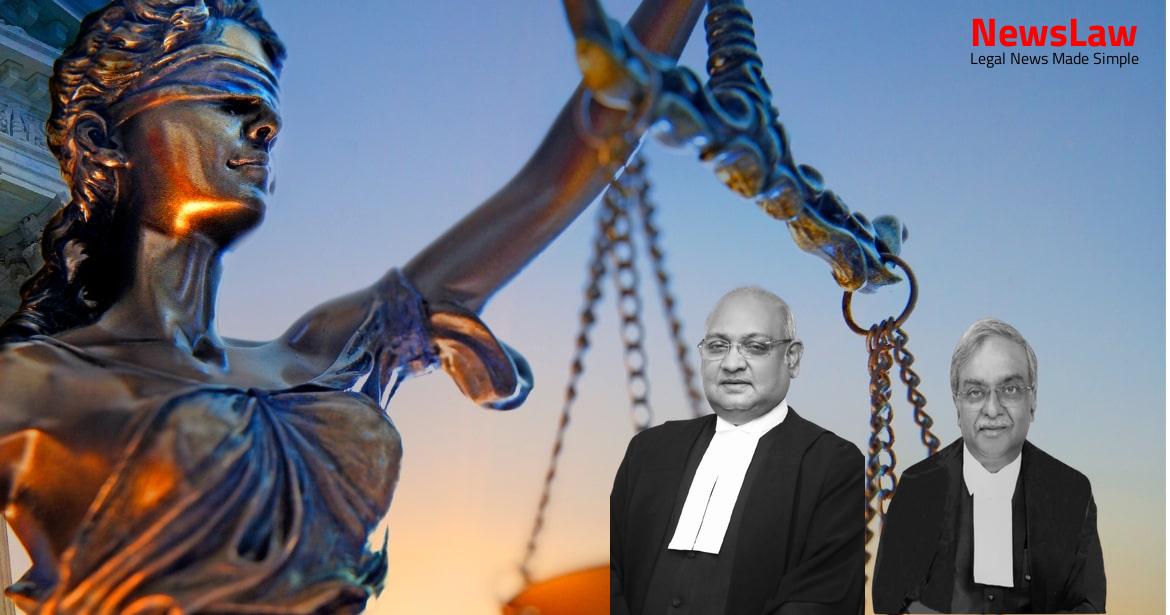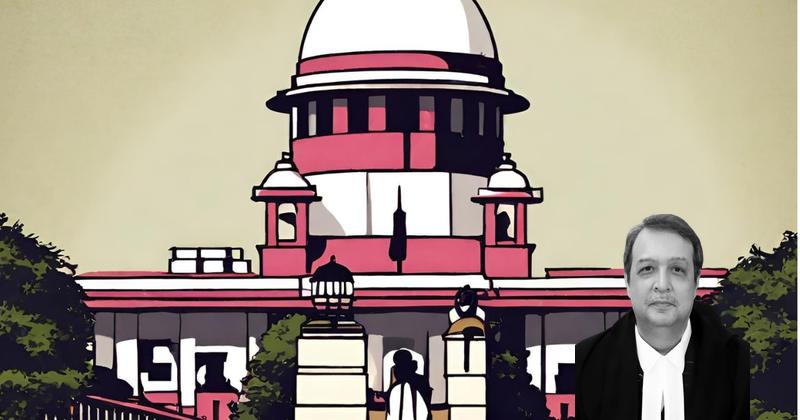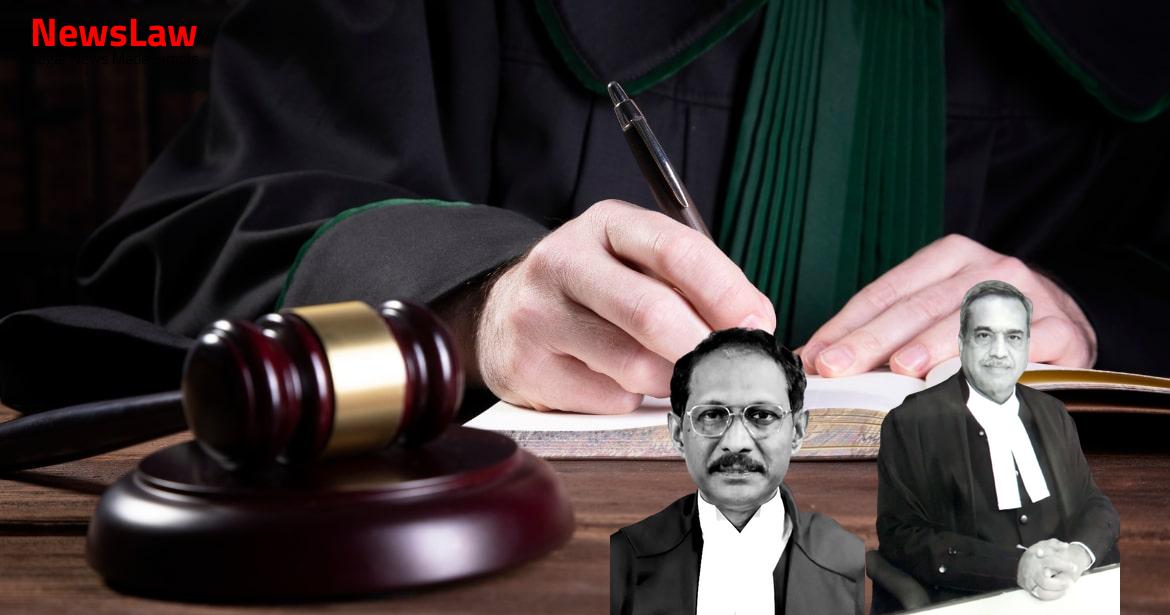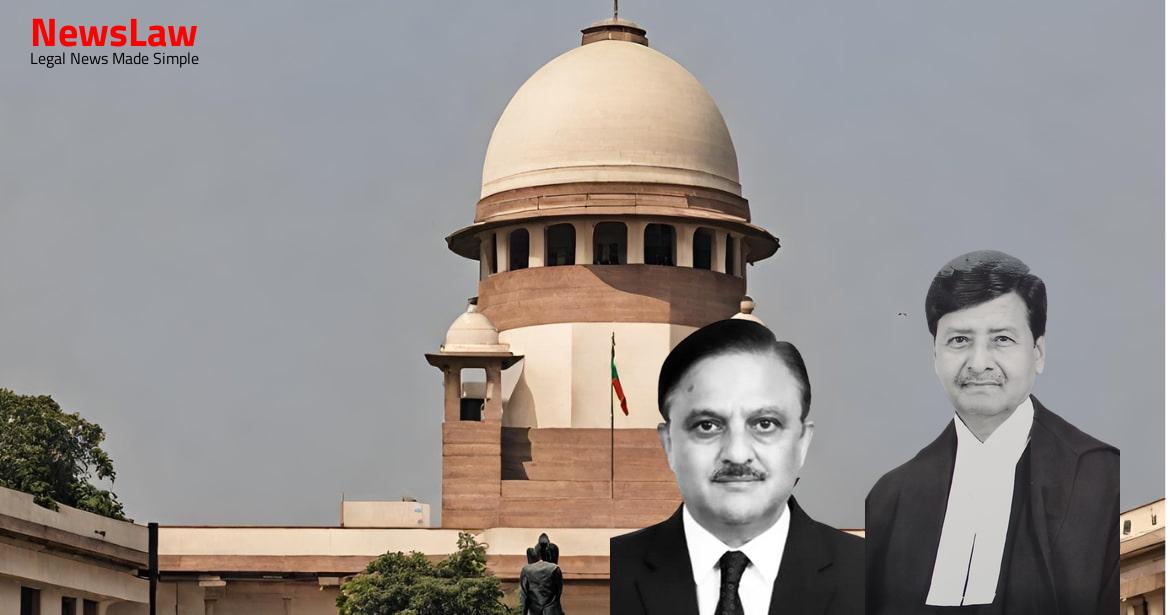In the midst of the pandemic, courts grappled with the intersection of procedural laws and extraordinary circumstances. A case study delves into the legal analysis undertaken by the courts in response to challenges brought forth due to the COVID-19 pandemic. The court’s approach to extension of limitation periods, filing deadlines, and application of procedural rules amidst the pandemic sheds light on the balancing act between access to justice and adherence to legal procedures.
Facts
- The Trial Court found that court fees had been paid and noted the urgency of the matter for interim directions.
- The Court granted the respondent’s application to dispense with pre-institution mediation and issued summons to the defendant.
- The Appellate Tribunal dismissed the application for condonation of delay due to lack of power beyond a 45-day period.
- The appellant challenged the High Court’s decision to uphold the Trial Court’s refusal to grant further time for filing a written statement.
- The defendant’s right to file a written statement was forfeited after 120 days from the date of service of summons as per the law.
- The defendant challenged the orders citing difficulties due to the COVID-19 pandemic.
- The litigation involves monetary liabilities arising from sub-contracts awarded to the appellant.
- The Trial Court granted further time to file the written statement due to administrative orders and disruptions caused by the pandemic.
- The Trial Court referred to Order VIII Rule 1 CPC and held that the appellant forfeited the right to file the written statement.
- The defendant-appellant forfeited the right to submit a written statement as more than 120 days had passed since the date of service of summons.
- The Trial Court adjourned the matter to 09.07.2021 for consideration of applications under Order 38 Rule 5 CPC and Section 10 CPC.
- The appellant approached the National Company Law Tribunal seeking initiation of corporate insolvency resolution process against the respondent under Section 9 of the Code.
- The appellant filed an application under Section 10 of CPC on 18.01.2021 and replied to the application under Order 38 Rule 5 on 15.03.2021.
- The Court granted time for the parties to file replies to respective applications and adjourned the matter to 02.02.2021.
- The appellant sought time for filing the written statement and reply to the interim application due to illness of a partner of the firm.
Also Read: Legal Analysis on Alleged Multiple Agreements in Property Sale Case
Arguments
- The defendant-appellant has approached the Court to challenge the High Court’s order, claiming that the orders passed in SMWP No 3 of 2020 should apply in their case.
- The appellant argues that the orders in SMWP No 3 of 2020 were intended to protect litigants from pandemic-related complications and exclude the period during the lockdown from limitation calculations.
- The appellant faced adverse circumstances such as a containment zone declaration, lockdown, and family members contracting COVID-19, affecting their ability to file the written statement within the extended period.
- The Trial Court and High Court failed to consider the appellant’s hardships and ruled against granting an extension for filing the written statement.
- The appellant’s counsel highlights the restricted functioning of courts due to COVID-19, further supporting the need for leniency in filing deadlines.
- The appellant contests that the Trial Court erred in not addressing the application for stay of the suit proceedings under Section 10 CPC.
- The defendant cannot seek blanket immunity by not filing the written statement and then relying on the orders in SMWP No 3 of 2020 for extension of the limitation period.
- Reference is made to a decision in the case of S. Kasi v. State, emphasizing that the extension of limitation in SMWP No 3 of 2020 does not apply universally to all applications.
- Failure to file a written statement within permissible time is beyond the court’s power to condone the delay.
- The case of S. Kasi related to the fundamental right of liberty under Article 21 of the Constitution of India and cannot be applied to procedural laws in civil litigation.
- The decision in Sagufa Ahmed is not applicable as it pertains to a different context where the appeal period had expired prior to a specific order.
Also Read: Ensuring Maintenance Rights: Court’s Legal Analysis
Analysis
- The Court provided extensions for limitation periods due to lockdown restrictions caused by the COVID-19 pandemic.
- The administrative orders issued by the High Courts and this Court were aimed at addressing the challenges posed by the pandemic and ensuring access to justice.
- Specifically mentioned are the limited functioning hours and types of cases to be heard during the restricted operations of the Courts.
- The Orders passed were considered dies non juridicus, meaning they were not considered regular working days for legal proceedings.
- The implications of the administrative orders on limitation periods and the filing of written statements were crucial in determining the extension or exclusion of specified time periods.
- The orders issued aimed at relieving hardships faced by litigants due to the pandemic, with special consideration for urgent matters and legal proceedings.
- The Superior Courts’ orders and the provisions of the Commercial Courts Act were integral in determining the timelines for filing written statements and the consequences of defaults.
- The critical analysis was done to weigh the extraordinary circumstances of the pandemic against the regular operation of legal timelines and proceedings.
- The applicable provisions of CPC have been amended to specify the timeframe for a defendant to file a written statement in response to a summons, with a grace period of up to 120 days.
- The Commercial Division and Commercial Court are required to adhere to the provisions of the amended Code of Civil Procedure in commercial dispute trials.
- The concept of ‘dies non juridicus’ refers to days where no judicial acts can be performed or legal diligence used, particularly in the context of limitation periods.
- The impact of COVID-19 on court proceedings led to special orders being passed to address disruptions caused by the pandemic.
- Section 4 of the Limitation Act, 1963 allows for the extension of time for filing suits, appeals, or applications if the court is closed on the day the prescribed period expires.
- The Act includes provisions for pre-institution mediation and settlement, as well as amendments to the Code of Civil Procedure in its application to commercial disputes.
- The period of limitation of 30 days to file the written statement had expired on 12.08.2020.
- The extended period of 15 days expired on 27.08.2020.
- The order dated 23.03.2020 passed by the Court was continuing during the expiration of these periods.
- As per the New India Assurance Co. Ltd. v. Hill Multipurpose Cold Storage (P) Ltd. case, the Consumer Court cannot extend the time for filing response to the complaint beyond 45 days.
- Trial Court did not take up the applications moved by the respondent on 22.06.2021.
- The Trial Court declined the prayer for filing a written statement but did not consider the application under Section 10 CPC simultaneously.
- The Trial Court ignored the requirements of dealing with pending applications promptly.
- If the prayer under Section 10 CPC were to be granted, the trial of the suit would not proceed.
- The rules of procedure are meant to serve justice, not punish parties.
- Provisions like Rule 1(1) of Order V and Rule 1 of Order VIII regarding written statements are consequences for defendants who fail to comply with the rules of procedure, not to override provisions like Section 10 of the CPC.
Also Read: Legal Analysis: High Court’s Critique of Authority Actions
Decision
- The order dated 23.03.2020 was restored and directed to extend the period of limitation till further orders.
- In cases where the limitation would have expired between 15.03.2020 and 02.10.2021, a 90-day extension from 03.10.2021 was granted.
- The order also applied for extension of time limits under Section 23(4) and Section 29A of the Arbitration and Conciliation Act, 1996.
- The Government of India was directed to amend containment zone guidelines for essential movements, including legal purposes.
- The period from 15.03.2020 till 14.03.2021 was excluded for computing limitations under various laws.
- The extension of time limits was also applicable for passing arbitral awards under Section 29A of the Arbitration and Conciliation Act, 1996.
- The order dated 08.03.2021 provided specific provisions for different eventualities during the mentioned pandemic period.
- A Miscellaneous Application was considered on 27.04.2021, highlighting COVID-19 surge and difficulties in legal proceedings.
- Orders dated 22.06.2021 and 09.07.2021 were set aside, and written statements were directed to be taken on record.
- The Supreme Court Advocate on Record Association moved for restoration of the order dated 23.03.2020 due to pandemic circumstances.
Case Title: PRAKASH CORPORATES Vs. DEE VEE PROJECTS LIMITED (2022 INSC 180)
Case Number: C.A. No.-001318-001318 / 2022



